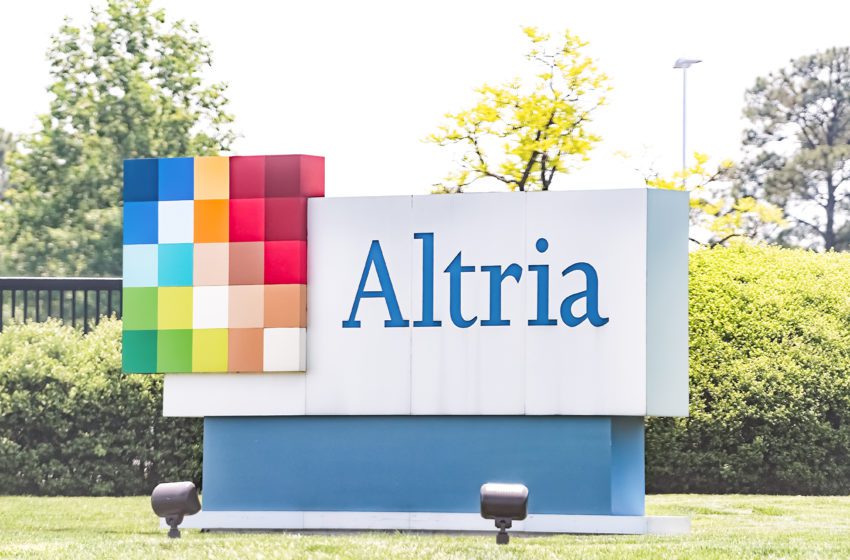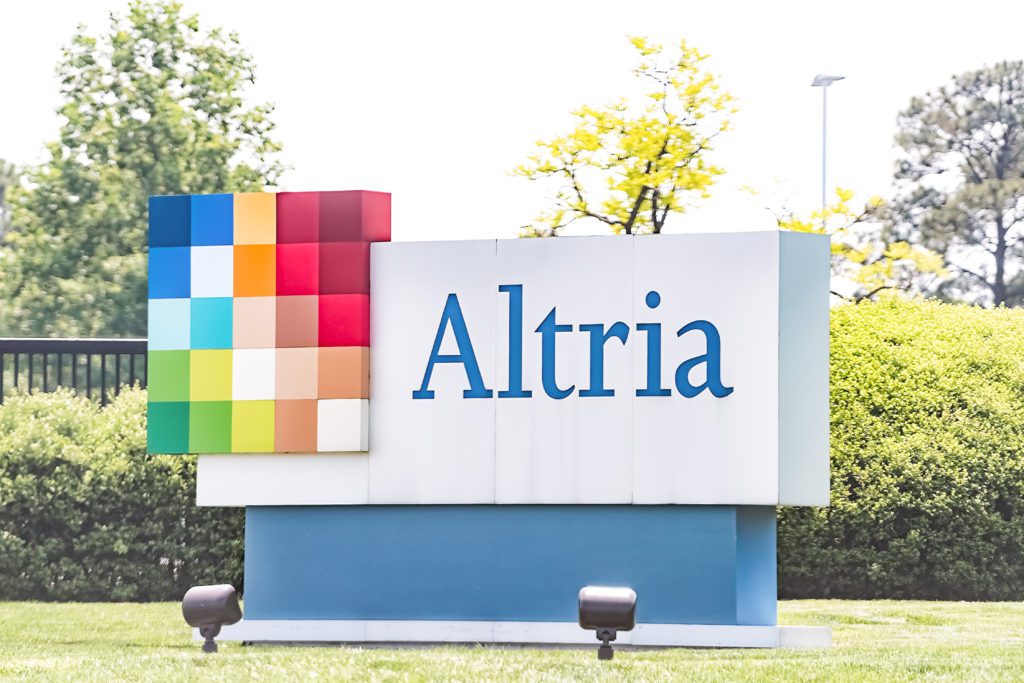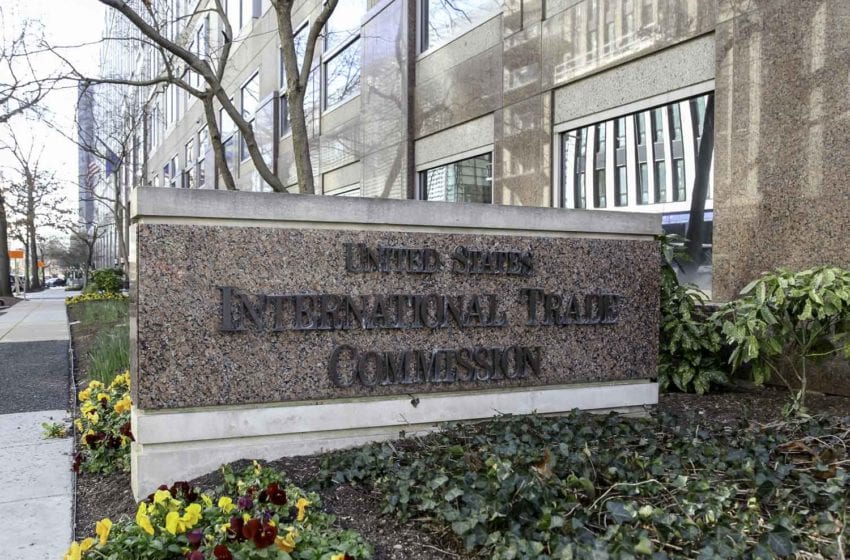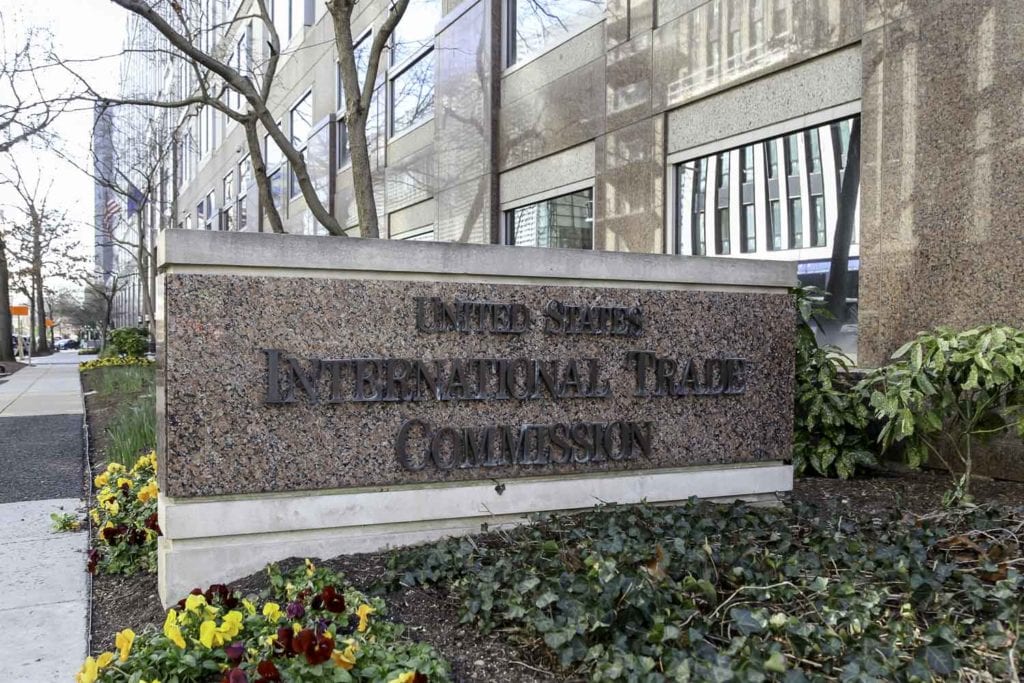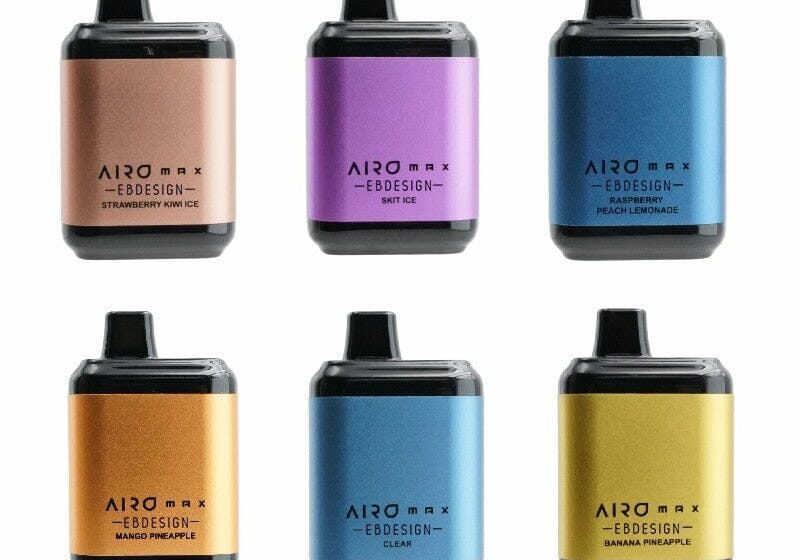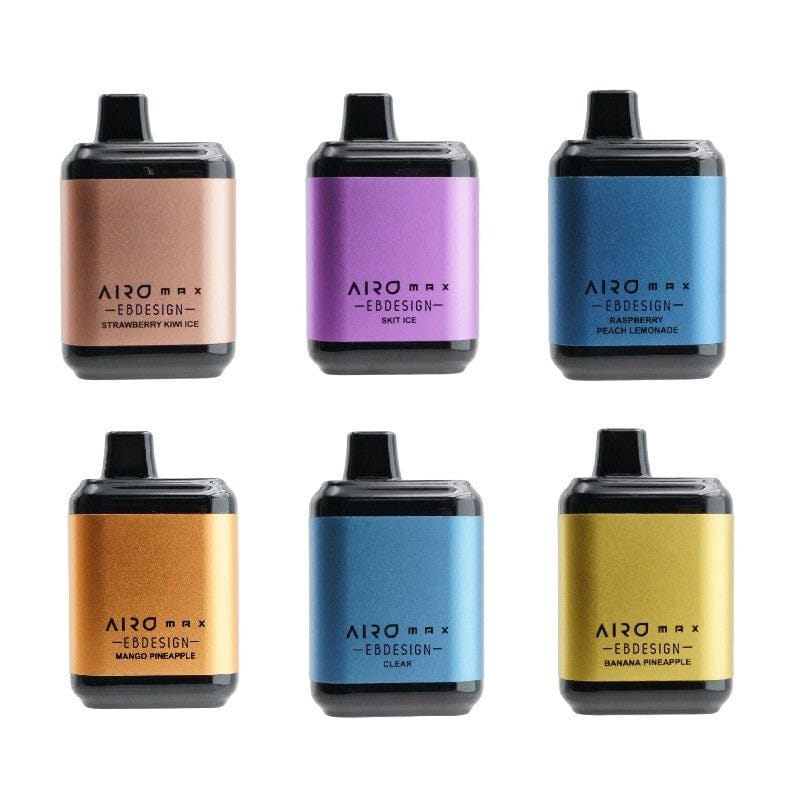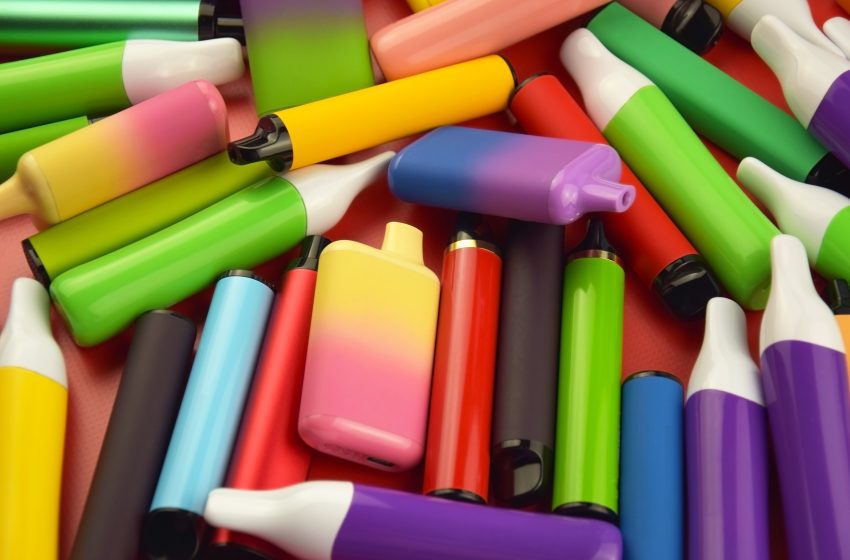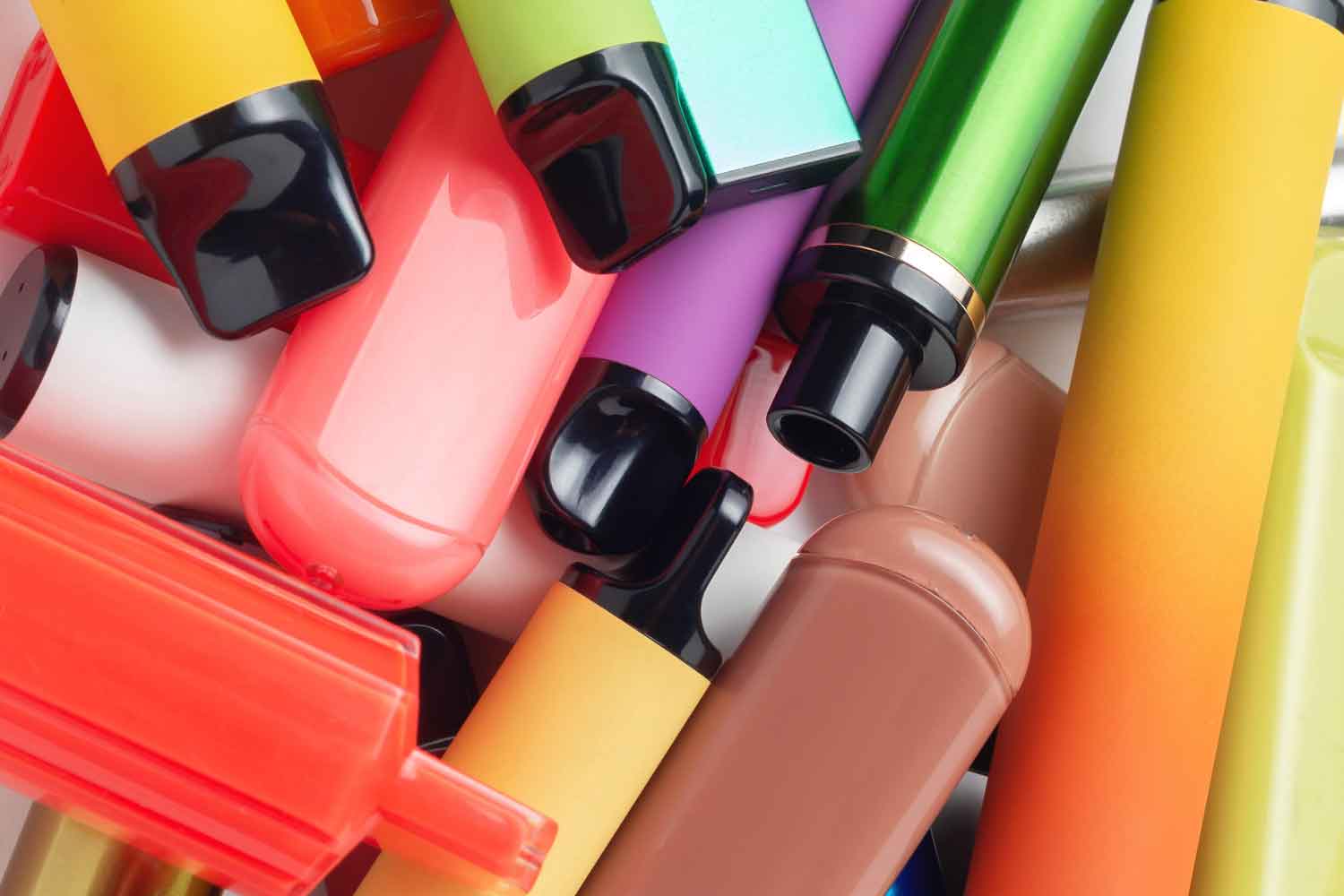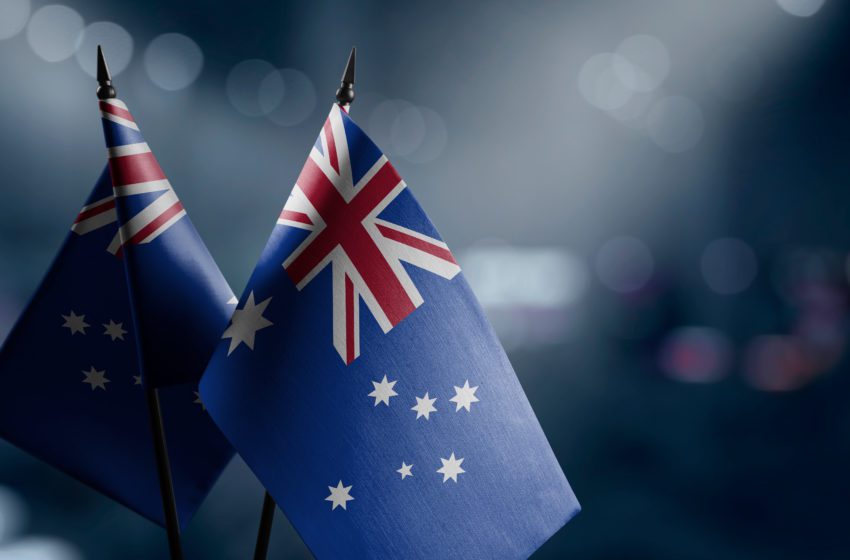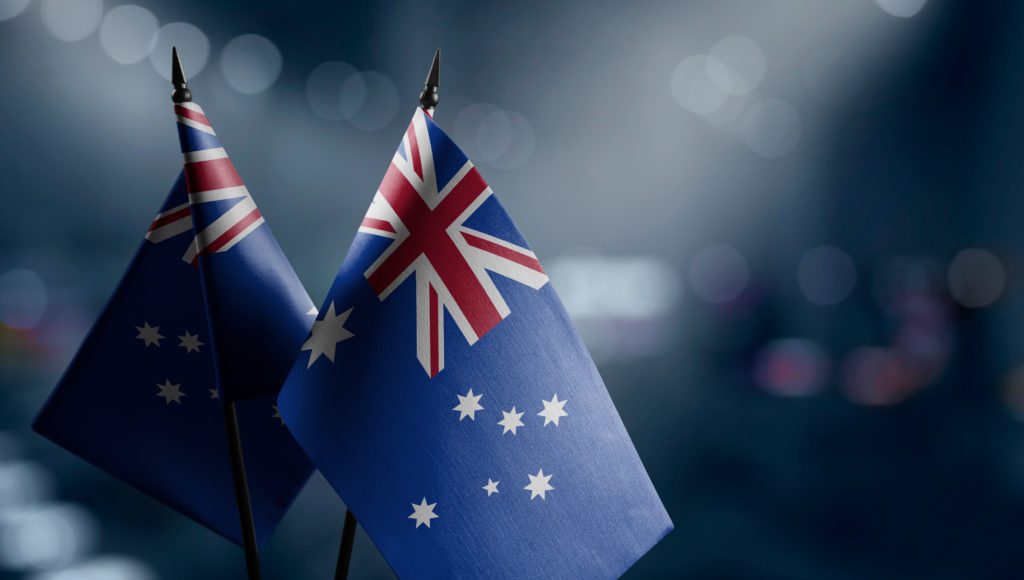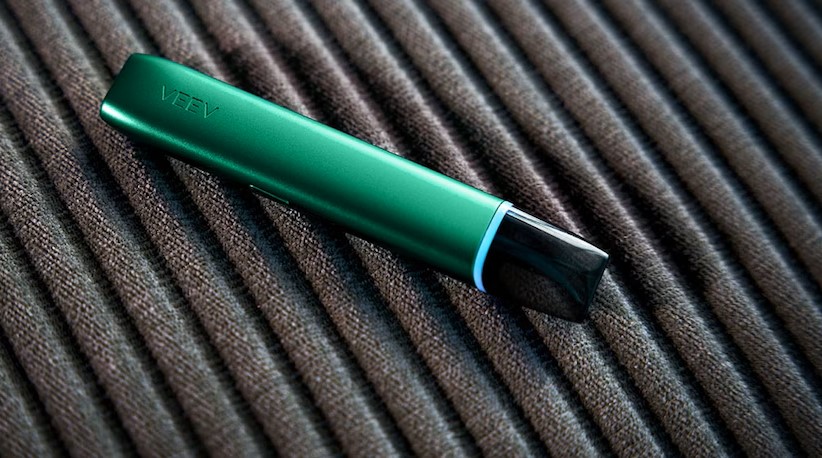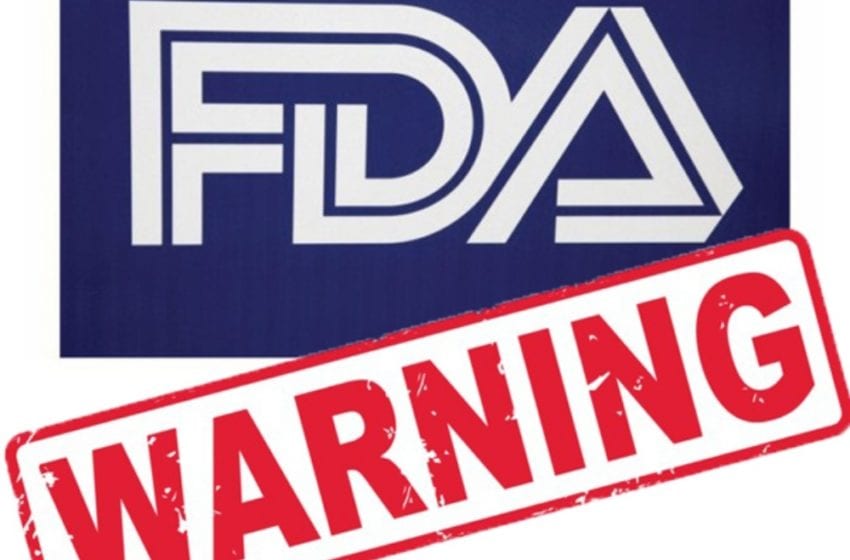Altria Group today said that its e-cigarette subsidiary NJOY, LLC has filed lawsuits against 34 foreign and domestic manufacturers, distributors and online retailers of illicit disposable vaping products. If successful, the lawsuit could potentially decimate the flavored disposable vaping market.
Altria joins its largest U.S. competitor, BAT-owned RJ Reynolds, in using the courts to remove unauthorized vaping products (and their competition) from the U.S. market.
On Oct.13, Reynolds filed a U.S. International Trade Commission (ITC) complaint charging multiple manufacturers, distributors, and retailers of several popular disposable vaping devices with unfair importation. It is one of several recent actions Reynolds has made to remove its competitor’s vaping products from store shelves. Several legal scholars have told Vapor Voice that if the ITC agrees with Reynolds, all flavored disposable vaping devices without an FDA marketing authorization could be stopped at the border and prevented from entering the U.S. market.
The NJOY suit alleges that the disposable products are unlawfully marketed and sold in the State of California and other U.S. states in violation of California’s flavor ban law and federal marketing rules.
The products are illegal under federal law and subject to action by the U.S. Food and Drug Administration and illegally compete against companies that comply with state and federal laws, according to an Altria press release.
The suit seeks a nationwide injunction against the import, marketing and sale of these illicit products and significant compensatory and punitive damages. If successful the lawsuit could lead to the removal of all disposable flavored vaping products without an FDA marketing order from the market.
“These companies knowingly violate federal and state laws and need to be held accountable,” said Murray Garnick, Altria’s Executive Vice President and General Counsel. “Today there are two markets – one for those who play by the rules and one for those who flagrantly ignore them. We are taking this action because the current state of the illicit e-vapor market is intolerable, and we must see more action from FDA and others.”
The litigation, filed in the United States District Court for the Central District of California, is brought under four claims: unfair competition, false advertising, false advertising in violation of the Lanham Act and violation of the Prevent All Cigarette Trafficking Act of 2009.
Named Defendants in the suit manufacture and distribute illicit disposable e-vapor products which include, but are not limited to, brands including Breeze, Elf Bar, EB, EB Create, Esco Bar, Flum, Juice Box, Lava Plus, Loon, Lost Mary, Mr. Fog and Puff Bar (many of these companies were also named in the Reynolds suit). Domestic Defendants include companies doing business in Arizona, California, Delaware, Florida, Michigan, Minnesota, New Jersey, New York and Texas. Foreign Defendants are all based in China.
None of the Defendants has received premarket tobacco product authorization (PMTA) approval from the FDA. In many instances, Defendants also have not filed PMTA applications. Several of these Defendants have already received warning letters from the FDA stating that their products are adulterated and misbranded and cannot be sold without marketing authorization.
Additionally, some of these Defendants are subject to an FDA-ordered import alert authorizing U.S. Customs and Border agents to seize their products. NJOY may add additional manufacturers, distributors and retailers to this complaint and will consider further litigation activity, the release states.
Despite a ban on the sale of flavored tobacco products that went into effect in December 2022, flavored vapor products make up more than 97 percent of the California market according to a recent study commissioned by Altria. Conducted by an independent research firm WSPM Group, “the study collected 15,000 empty discarded cigarette packs and 4,529 e-vapor product packages” from May 1st through June 28th in 10 California cities.



